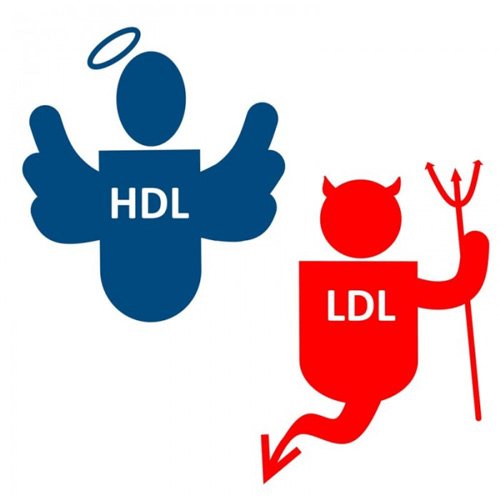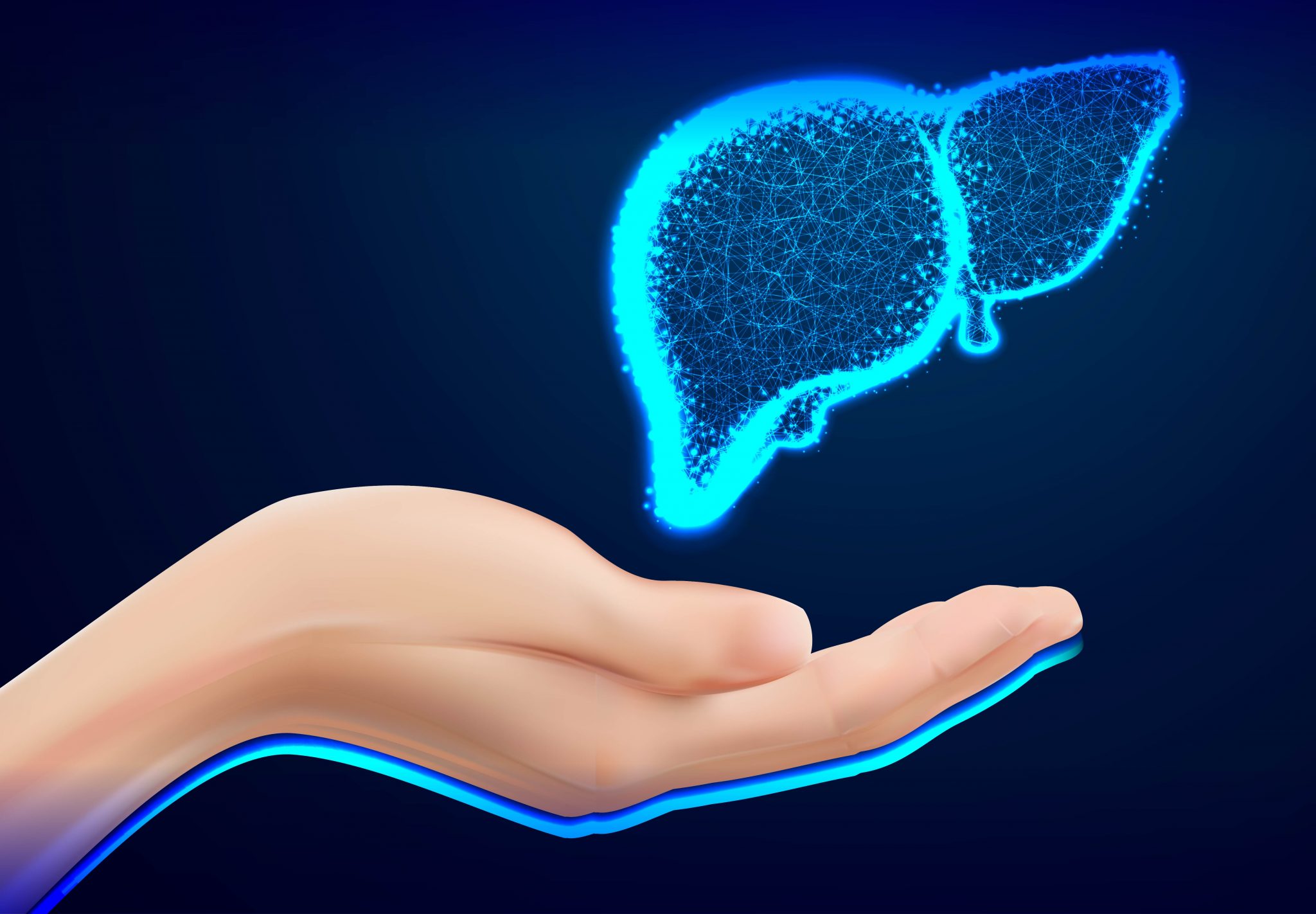Probably you’ve heard a lot about cholesterol and how it could be a cause for many health risks. But do you actually know what is cholesterol?
What is cholesterol?
It is a waxy, fat-like substance that’s found in all the cells in our bodies. The body needs some fat to make hormones, vitamin D, and substances that help the body to digest foods.
Did you know, human breast milk contains significant quantities of cholesterol?

There are three main types of cholesterol
The three main types, named according to its content known as lipoproteins HDL, LDL, and VLDL.
In addition, each molecule consists of a combination of fat and protein. The lipids need to be attached to the proteins so they can move through the blood. Different types of lipoproteins have different purposes:
- HDL stands for high-density lipoprotein. Also known as the “good” fat because it carries cholesterol from other parts of your body back to your liver. And the liver then removes the cholesterol from the body.
- LDL stands for low-density lipoprotein. Besides that it well-known as the”bad” cholesterol because a high LDL level leads to the buildup of plaque in the arteries.

- VLDL stands for very low-density lipoprotein. Some people also call VLDL a “bad” cholesterol because it too contributes to the buildup of plaque in your arteries.
Cholesterol is bad!
Myth
What causes high-fat level in blood?
Unhealthy lifestyle and genetics are the most common causes of high lipid nowadays. Personal lifestyle plays an important role in increasing the risk of high fat in different ways:
- Unhealthy eating habits, such as eating lots of bad fats. The fats divided into two types; saturated fat found in some meats, dairy products, chocolate, baked goods, deep-fried and processed foods. The second type is trans fat, it is in some fried and processed foods. Eating these fats can raise your LDL.
- Lack of physical activity, with lots of sitting and little exercise. This lowers your HDL.
- Smoking, which lowers HDL, especially in women. It also raises your LDL.

Genetics play a vital role in causing people to have high cholesterol. For example, familial hypercholesterolemia (FH) is an inherited form of high lipid.
Your DNA can tell you eveything you need to know
Like fats and sugar, fat is often demonized as unhealthy and bad for your body. The reality is that your genetic makeup plays an important role in determining the role of fat plays in your body.
If you have a close relative, such as a parent, sibling, or grandparent, who has high levels of fats, you’re more likely to have it yourself. This is largely due to the passing on of genes from parents to children that increase levels of LDL in the blood, such as a gene that codes for a defective receptor. As a result of this defect, a condition of high fat will develop known as familial hypercholesterolemia (FH).
Fortunately, there are ways to prevent serious health complications from high fat level. DNA testing, which includes inherited cholesterol test, can enable you to access your genetic risk and take necessary preventive measures in managing your health condition.
For more information about your genes, feel free to check out our website here or chat with us on Facebook to exchange ideas.
Refrence list:
Murrell, D. (2019). Cholesterol: What causes high cholesterol?. [online] Medical News Today. Available at: https://www.medicalnewstoday.com/articles/9152.php [Accessed 3 Sep. 2019].
Better health. (2019). Genetic factors and fat. [online] Available at: https://www.betterhealth.vic.gov.au/health/conditionsandtreatments/genetic-factors-and-cholesterol [Accessed 3 Sep. 2019].
Centers for Disease Control and Prevention. (2017). LDL and HDL : “Bad” and “Good”. [online] Available at: https://www.cdc.gov/cholesterol/ldl_hdl.htm [Accessed 3 Sep. 2019].

